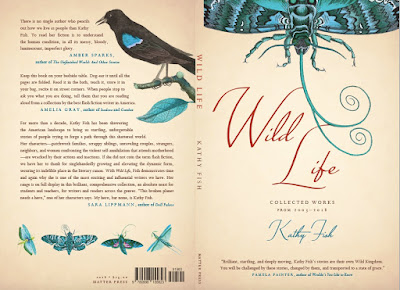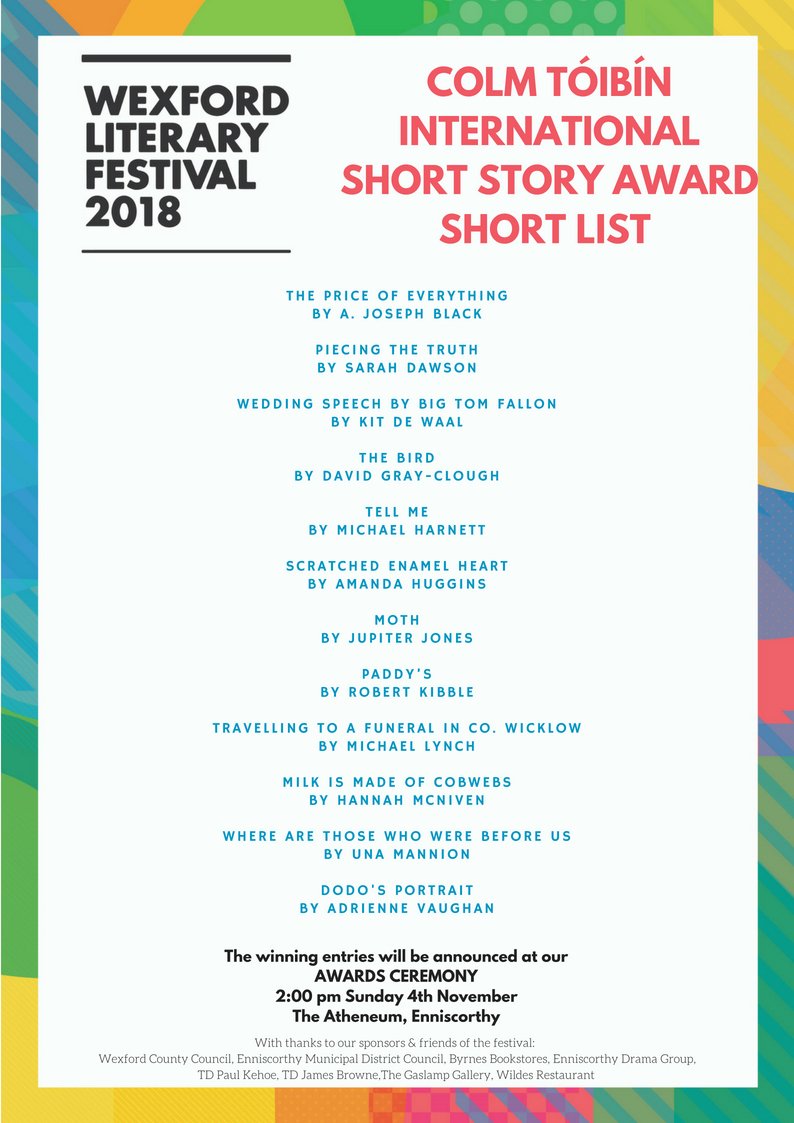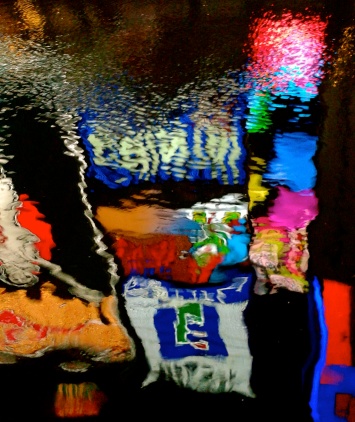Today I'd like to welcome the author Sandra Danby to my blog. Sandra is talking about how she uses the sense of smell in her work, both to denote a sense of place, and to evoke memories and emotions.
Sandra is the author of the 'Identity Detective' books, and I reviewed her second book, Connectedness, in a recent post, and talked about my own experience of adoption, the main theme in the 'Identity Detective' series:
Rose Haldane reunites the people lost through adoption. The stories you don’t see on television shows. The difficult cases. The people who cannot be found, who are thought lost forever. Each book in the ‘Identity Detective’ series considers the viewpoint of one person trapped in this horrible dilemma. In the first book of the series, Ignoring Gravity, it is Rose’s experience we follow as an adult discovering she was adopted as a baby. Connectedness is the story of a birth mother and her longing to see her baby again. Sweet Joy, the third novel, will tell the story of a baby abandoned during The Blitz.
Five scents in Connectedness
Authors from Shakespeare to Dickens have written evocatively
about scents and smells, fragrant and disgusting, from Hamlet scenting the
morning air to Dickens’ portrayal of the Great Stink. But describing scent is
probably the most taxing of the five senses for writers to use. Each of the
five senses – taste, sight, touch, smell, sound – can add to
a scene or a character’s emotional state, but finding the right words to
describe scent is the biggest challenge. So in Connectedness I decided to reserve it for powerful emotional
reactions, to stimulate the reader’s imagination, rather than simply have a
character dab of few drops of Chanel Number 5 behind her ears.
First, I used smell to denote a sense of place.
Artist Justine Tree grows up beside the Yorkshire coast and, though she moves
away as a student, she longs for the sea
salt smell of the seashore.
“She
closed her eyes and pretended that the dull hum of traffic was really the waves
breaking on the East Yorkshire shore, pretended she was walking Danes Dyke, the
ancient defensive cutting that slashed across Flamborough Head almost severing
it from the mainland in the shape of an unwanted nose. A Roman nose. Thin
chalky soil beneath her feet, the scent of salt. She imagined the large sky
above and the wide acres of ploughed fields stretching far beyond her sight.”
Instead she is in London, a place with thick, gritty air, somehow viscous compared
with the fresh sea breezes she remembers from home. When she goes to art
college in Spain she finds again the sea salt air at the beach but also the
tang of orange blossom from the fruit trees lining the streets. As the novel starts,
Justine returns from Japan to Yorkshire for the funeral of her mother. When she
received the news she was in Tokyo, and the scent of green tea comes to represent grief in her sub-conscious.
The two moments of strongest emotion for
Justine are expressed by scent. After a traumatic experience, she hates the
scent of lavender and cannot bear
the scent from anything lavender-scent, whether flowers, shampoo or shower gel.
It produces a guttural reaction, of fear and disgust. The second example is a
pleasant one, a memory of love and happy times in Málaga,
of a gift of orange marmalade. So
strong is this memory that almost thirty years later, the opening of a jar at
breakfast-time makes her relive her emotions as a student, producing a feeling
of intense longing.
Finally, here are some of my favourite ‘smell quotes’ from
fiction:-
“Our foyer has a funny smell that doesn't smell
like anyplace else. I don't know what the hell it is. It isn't cauliflower and
it isn't perfume—I don't know what the hell it is—but you always know you're
home.” JD Salinger, The
Catcher in the Rye
“The house smelled musty and damp, and a little
sweet, as if it were haunted by the ghosts of long-dead cookies.” Neil
Gaiman, American Gods
“Slimy gaps and causeways, winding among old
wooden piles, with a sickly substance clinging to the latter, like green hair,
and the rags of last year's handbills offering rewards for drowned men
fluttering above high-water mark, led down through the ooze and slush to the
ebb-tide. “ Charles Dickens, David
Copperfield
“Miles of close wells and pits of houses, where
the inhabitants gasped for air, stretched far away towards every point of the
compass. Through the heart of the town a deadly sewer ebbed and flowed, in the
place of a fine fresh river.” Charles
Dickens, Little Dorrit
“O! my offence is rank, it smells to heaven.”
William Shakespeare, Hamlet
About Connectedness
TO THE OUTSIDE WORLD, ARTIST JUSTINE TREE HAS IT ALL… BUT
SHE ALSO HAS A SECRET THAT THREATENS TO DESTROY EVERYTHING
Justine’s art sells around the world, but does anyone truly
know her? When her mother dies, she returns to her childhood home in Yorkshire
where she decides to confront her past. She asks journalist Rose Haldane to
find the baby she gave away when she was an art student, but only when Rose
starts to ask difficult questions does Justine truly understand what she must
face.
Is Justine strong enough to admit the secrets and lies of
her past? To speak aloud the deeds she has hidden for 27 years, the real
inspiration for her work that sells for millions of pounds. Could the truth
trash her artistic reputation? Does Justine care more about her daughter, or
her art? And what will she do if her daughter hates her?
This tale of art, adoption, romance and loss moves between
now and the Eighties, from London’s art world to the bleak isolated cliffs of
East Yorkshire and the hot orange blossom streets of Málaga, Spain.
A family mystery for
fans of Maggie O’Farrell, Lucinda Riley, Tracy Rees and Rachel Hore.
An extract from Connectedness
Prologue
London, September 2009
The retired headmistress knew before she opened the front
door that a posy of carnations would be lying on the doorstep beside the morning’s milk
bottle. It happened on this day, every year. September 12. And every year she
did the same thing: she untied the narrow ribbon, eased the stems loose and
arranged the frilled red flowers in her unglazed biscuit-ware jug. Then she
placed the jug on the front windowsill where they would be visible from the street.
Her bones ached more now as she bent to pick them up off the step than the
first year the flowers arrived. She had an idea why the carnations appeared and
now regretted never asking about them. Next year, someone else would find the
flowers on the doorstep. In a week’s time she would be living in a one-bedroom
annexe at her son’s house in a Hampshire village. She walked slowly back to her
armchair beside the electric fire intending to tackle The Times crossword but hesitated, wondering if the person who sent
the flowers would ever be at peace.
1
Yorkshire, May 2010
The clouds hurried from left to right, moved by a distant
wind that did not touch her cheek. It felt unusually still for May. As if the
weather was waiting for the day to begin, just as she was. She had given up
trying to sleep at three o’clock, pulled on some clothes and let herself out of
the front door. Despite the dark, she knew exactly the location of the
footpath, the edge of the cliffs; could walk it with her eyes closed. Justine
lay on the ground and looked up, feeling like a piece of grit in the immensity
of the world. Time seemed both still and marching on. The dark grey of night
was fading as the damp began to seep through her jeans to her skin. A pale line
of light appeared on the eastern horizon, across the flat of the sea. She
shivered and sat up. It was time to go. She felt close to both her parents
here, but today belonged to her mother.

Three hours later, she stood at the graveside and watched as
the coffin was lowered into the dark damp hole. Her parents together again in
the plot they had bought. It was a big plot, there was space remaining.
Will I be buried here?
It was a reassuring thought, child reunited with parents.
The vicar’s voice intoned in the background, his words
whipped away by the wind. True to form, May was proving changeable. It was now
a day requiring clothing intended for mid-winter, when windows were closed
tight and the central heating turned on again. Or was it that funerals simply
made you feel cold?
‘Amen.’
She repeated the vicar’s word, a whisper borne out of many
childhood Sunday School classes squeezed into narrow hard pews. She was not
paying attention to the service but, drawn by the deep baritone of the vicar
who was now reciting the Lord’s Prayer, was remembering her first day at art
college. The first class. Another baritone. Her tutor, speaking words she had
never forgotten. Great art was always true, he warned, and lies would always be
found out.
In her handbag was a letter, collected from the hall table
ten days ago as she left the house for Heathrow and Tokyo. She had expected to
return home to London but, answering the call from her mother’s doctor, had
come straight to Yorkshire in the hope of seeing her mother one last time. The
envelope, which was heavy vellum, and bore smidgens of gold and scarlet and the
Royal Academy of Arts’ crest, was still sealed. She knew what the letter said,
having been forewarned in a telephone call from the artist who nominated her.
It was the official invitation. If she accepted, she was to be Justine Tree,
RA.
Author Photo by Ion Paciu
Author Bio
Sandra Danby is a proud Yorkshire woman, tennis nut and tea
drinker. She believes a walk on the beach will cure most ills. Unlike Rose
Haldane, the identity detective in her two novels, Ignoring Gravity and Connectedness,
Sandra is not adopted.
Author Links
‘Ignoring
Gravity’ at Amazon http://amzn.to/1oCrxHd
Author website: http://www.sandradanby.com/
Twitter: @SandraDanby
Facebook: http://www.facebook.com/sandradanbyauthor
Photos [all ©
Sandra Danby unless otherwise stated]:-
Author Photo - Ion Paciu
Five scents in Connectedness - orange blossom, photo
Wikipedia






























